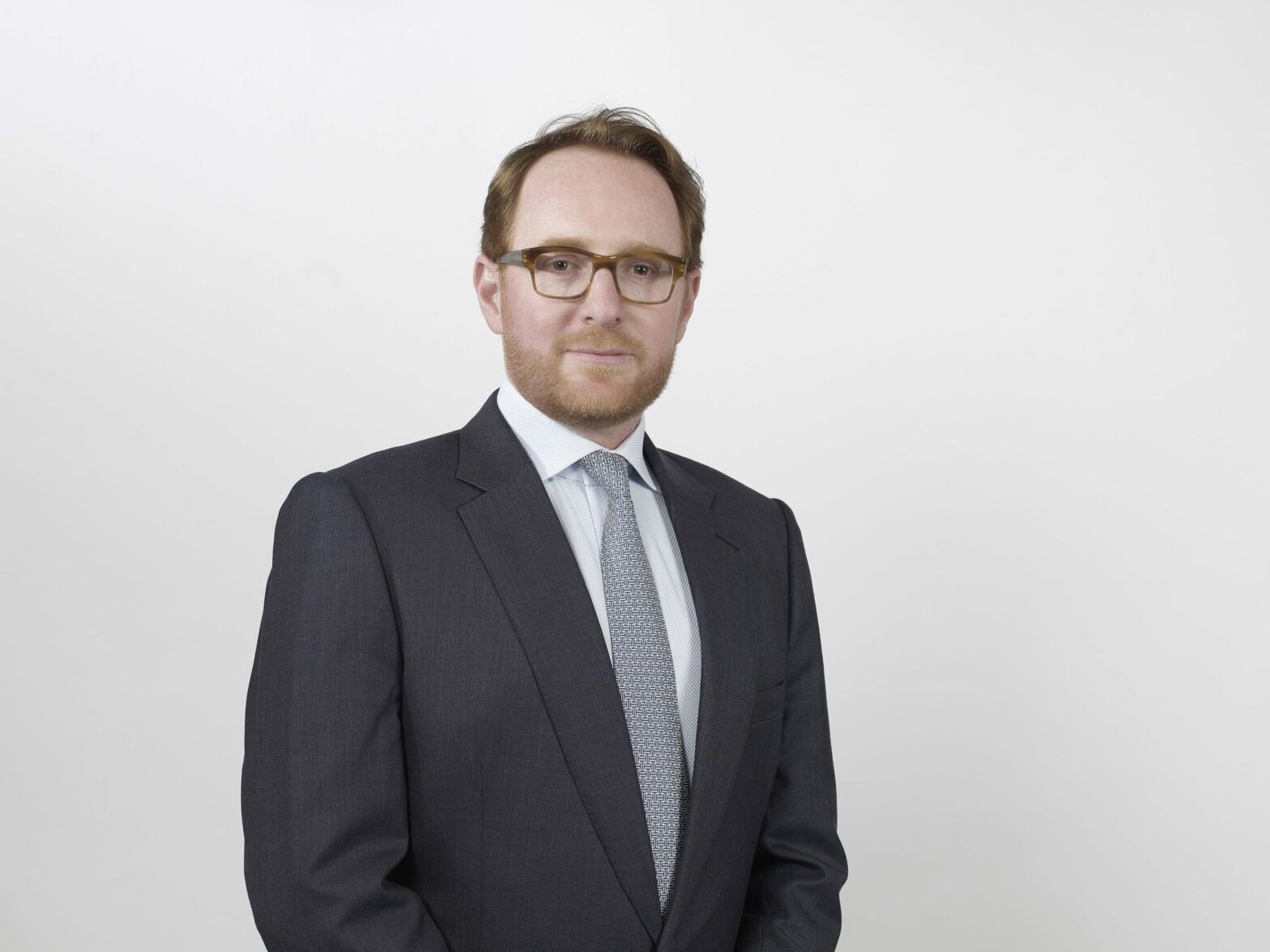Invesco has added to its multi-asset range with five risk-targeted portfolios investing in low cost responsible products.
The Invesco Summit Responsible Range is managed by multi-asset fund managers Clive Emery and Richard Batty, alongside deputy fund manager David Aujla, who will select low-cost ETFs – largely created by the ESG and ETF teams at Invesco to meet specific ESG criteria. They will work in partnership with Invesco Solutions team and be supported by the wider multi-asset, global ETF and ESG teams.
See also: – Invesco sets out ambitions in inaugural climate change report
The group has worked with index providers customised ESG indices for the funds selected for the range, and has also launched a new framework for asset allocation – Responsible Asset Allocation (RAA) – to form the foundation for the new range.
In a statement, Invesco said while there is a growing number of investors investing responsible, the plethora of funds coming to the market with unclear definitions and characteristics can be confusing and unclear. As a result, the Invesco Summit Responsible Range has been created to be a “simple, affordable and comparable proposition” with the team using “industry standard” MSCI ESG data.
Alexander Millar, head of UK distribution at Invesco, commented: “Everyone should be able to make responsible investment decisions that don’t cost the earth. Through active management and our experience and resources across our investment, solutions, ETF and ESG teams, we are able to offer meaningful outcomes to suit a variety of client needs.”
The range of funds, which will be risk-rated from Invesco Summit Responsible 1 through to Summit Responsible 5, has three objectives: to grow the assets over the long term of five years or more by investing across a variety of regions and asset classes; to invest 100% in investments that meet certain ESG criteria; and for each fund to adhere to a specific risk level.
Each fund has a different allocation across a range of asset classes and geographies, including third-party funds, in line with the group’s ESG criteria in accordance with the RAA framework, which will be reviewed regularly, and the risk/return profile of each fund. Emerging markets have been excluded until ESG appropriate vehicles exist offering exposure to these markets.
Fund manager Emery (pictured) said: “Working with our in-house expertise across investment and ESG, we have been able to create the building blocks for this fund range, that enable broad access to financial markets, whilst also positively and substantively increasing their ESG credentials. By building portfolios using responsible asset allocation at the start of construction before the asset allocation, we believe we are offering a different proposition for investors who are seeking assurance and clarity on where and how we are making those responsible investment decisions.”
In terms of ESG criteria, the investment managers select underlying ESG funds that typically aim to track indices and follow all or some of the following methodology:
- Negative ESG screening by which certain sectors may be excluded, including but not limited to weapons, oil sands, tobacco or companies that have not been assessed on the basis of their ESG credentials.
- Positive ESG screening or tilting increasing overall exposure to those companies demonstrating a robust ESG profile and/or a positive trend in improving that profile.
- Sustainability focused selection with exposure to issuers and instruments linked to activities that positively contribute to certain environmental or social sustainability objectives such as companies in a specific sector or industry.
The range is initially available in the UK and carries fees of between 0.26-0.30%.
ESG ETFs launch
Earlier this week, Invesco expanded its ESG ETF range with two new funds: the Invesco MSCI Japan ESG Universal Screened UCITS ETF and Invesco MSCI Pacific ex Japan ESG Universal Screened UCITS ETF.
These are constructed from parent MSCI indices but exclude any stock that is involved in controversial, conventional or nuclear weapons, civilian firearms, oil sands, thermal coal, tobacco or recreational cannabis. Any company that has faced severe controversies over ESG issues in the past three years or has a very low MSCI ESG score is also removed from the index. The remaining stocks are reweighted by the product of their ESG scores, ESG trend scores and market capitalisation.
Gary Buxton, head of EMEA ETFs and indexed strategies at Invesco, commented: “With 60% of all equity ETF flows last year going into funds with an ESG objective, demand is clearly strong. We believe ESG will be embedded even more broadly into portfolios with investors no longer needing to sacrifice their investment objectives to follow their principles.
Regulatory drivers
A number of investment managers have recently launched model portfolio solutions in response to demand from advisers seeking to invest more responsibly, with BlackRock and IBOSS being among the recent new entrants to the market, while other groups such as Aviva have begun applying ESG principles to existing ranges.
2021 has a number of key regulatory changes that will drive advisers towards more ESG products; under MiFID II in March advisers will be required to consider environmental sustainability in the advice process.
Meanwhile, the Financial Conduct Authority (FCA) is set to announce changes to Conduct of Business Sourcebook (CoBS) to align the UK rules to Europe requiring advisers to ask clients about their sustainable investing preferences – they must tell clients to consider sustainable investing risk and to offer a responsible investment portfolio option.
For more on Invesco and its future responsible investment plans check the January issue of the ESG Clarity digital magazine out on 27 January








